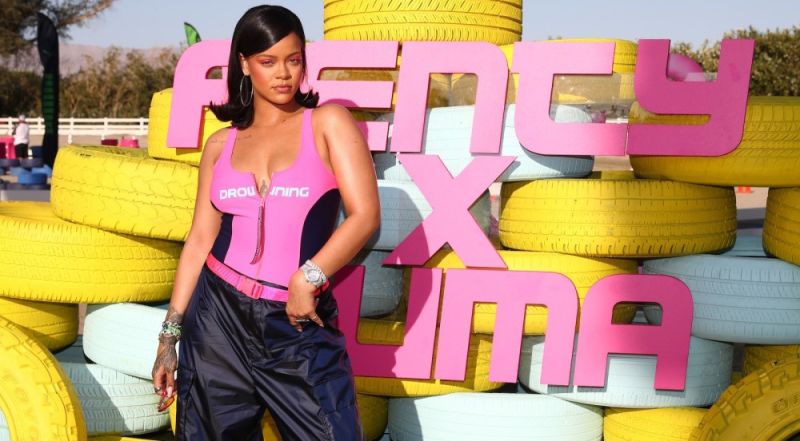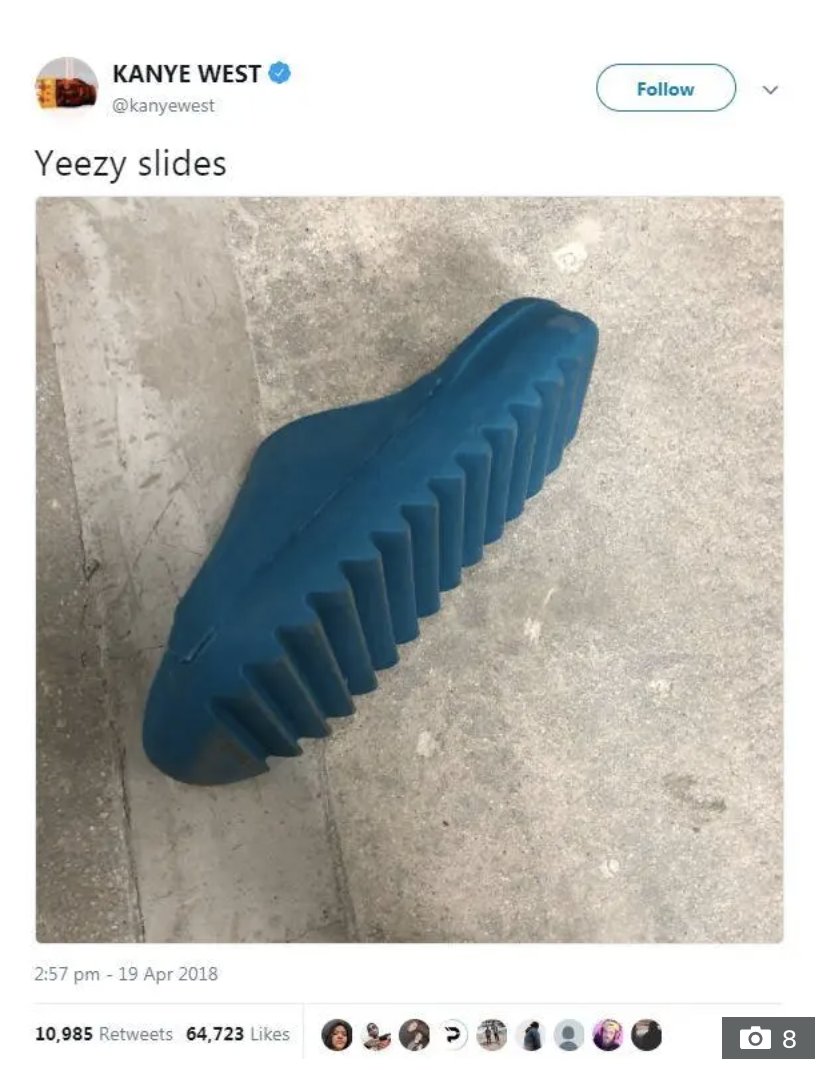In 2010, Jay Z turned his book release into a guerilla marketing masterclass.
Here’s a breakdown on the rollout for his autobiography, Decoded.
Here’s a breakdown on the rollout for his autobiography, Decoded.

Jay Z wrote Decoded to give fans a window into his past and how he built his empire.
But instead of publishing the entire autobiography at once, Jay teamed up with Microsoft Bing and @droga5 to release it into the physical world, a few pages at a time.
Here's how it worked.
But instead of publishing the entire autobiography at once, Jay teamed up with Microsoft Bing and @droga5 to release it into the physical world, a few pages at a time.
Here's how it worked.

Clues about the Decoded page locations were announced daily on social media and radio. They sent fans on a worldwide scavenger hunt for all 320 pages.
The grand prize was a Jay Z Lifetime Pass—two tickets to any Jay Z concert for the rest of their life.
The grand prize was a Jay Z Lifetime Pass—two tickets to any Jay Z concert for the rest of their life.
At the time, Bing had just passed Yahoo! to become the second-most-popular search engine.
But at 5.29 billion searches that year, Bing wasn’t close to Google’s nearly 1 trillion searches. Bing had to make a splash, and Jay Z presented the perfect opportunity for that.
But at 5.29 billion searches that year, Bing wasn’t close to Google’s nearly 1 trillion searches. Bing had to make a splash, and Jay Z presented the perfect opportunity for that.
Why Bing though?
Jay Z often partners with underdogs in their respective industries. They have more to gain from partnering with him.
From @Complex and @zogblog
Jay Z often partners with underdogs in their respective industries. They have more to gain from partnering with him.
From @Complex and @zogblog

Since Decoded’s pages were spread across 15 cities, Droga5 and Bing created an interactive game that allowed fans to participate virtually.
The game was built on Bing Maps, so fans could use its aerial and streetside views to search the locations hinted at in the clues.
The game was built on Bing Maps, so fans could use its aerial and streetside views to search the locations hinted at in the clues.
Decoded’s pages were cleverly hidden in other unlikely places—like pool tables, jacket liners, restaurant tables, and on top of buildings. 







The campaign was a win for all parties involved.
Bing had quite the traffic surge:
• Gained 11.7% increase in website traffic
• 1.2B impressions
• 11 minutes of engagement per user
• Became one of top 10 most-visited websites globally
Bing had quite the traffic surge:
• Gained 11.7% increase in website traffic
• 1.2B impressions
• 11 minutes of engagement per user
• Became one of top 10 most-visited websites globally
On the other hand, Jay Z had a successful book release:
• 19 weeks on New York Times bestseller list
• 55,000+ copies sold
• Gained 1M+ new followers on Facebook
• 19 weeks on New York Times bestseller list
• 55,000+ copies sold
• Gained 1M+ new followers on Facebook
Droga5’s work on Decoded also attracted more high-profile hiphop clientele and won it several advertising awards like:
• Cannes Lion: 2 Grand Prix, 3 Gold, 1 Silver, 1 Bronze
• Gold Clio Award
• One Show Pencils: 3 Gold, 1 Silver
• D&AD: 2 Yellow Pencils
• Cannes Lion: 2 Grand Prix, 3 Gold, 1 Silver, 1 Bronze
• Gold Clio Award
• One Show Pencils: 3 Gold, 1 Silver
• D&AD: 2 Yellow Pencils
Here’s a clip that breaks down the campaign success in more detail.
Jay Z’s partnership with Microsoft and Droga5 is proof of what he has always preached: ‘The internet is like the wild west and there are no rules.’
By coloring outside the lines, Jay pulled off a memorable campaign that’s a reminder of why he’s been so successful in business.
By coloring outside the lines, Jay pulled off a memorable campaign that’s a reminder of why he’s been so successful in business.

If you liked this breakdown, you'll love Trapital.
It's our free newsletter that keeps you up on the business of music, media, and culture.
Sign up here and I'll send you our next memo:
trapital.co/newsletter-tw/
It's our free newsletter that keeps you up on the business of music, media, and culture.
Sign up here and I'll send you our next memo:
trapital.co/newsletter-tw/
That's a wrap!
If you enjoyed this thread:
1. Follow me @RuncieDan for more of these
2. RT the tweet below to share this thread with your audience
If you enjoyed this thread:
1. Follow me @RuncieDan for more of these
2. RT the tweet below to share this thread with your audience
https://twitter.com/26553430/status/1580270879988416512
• • •
Missing some Tweet in this thread? You can try to
force a refresh


















